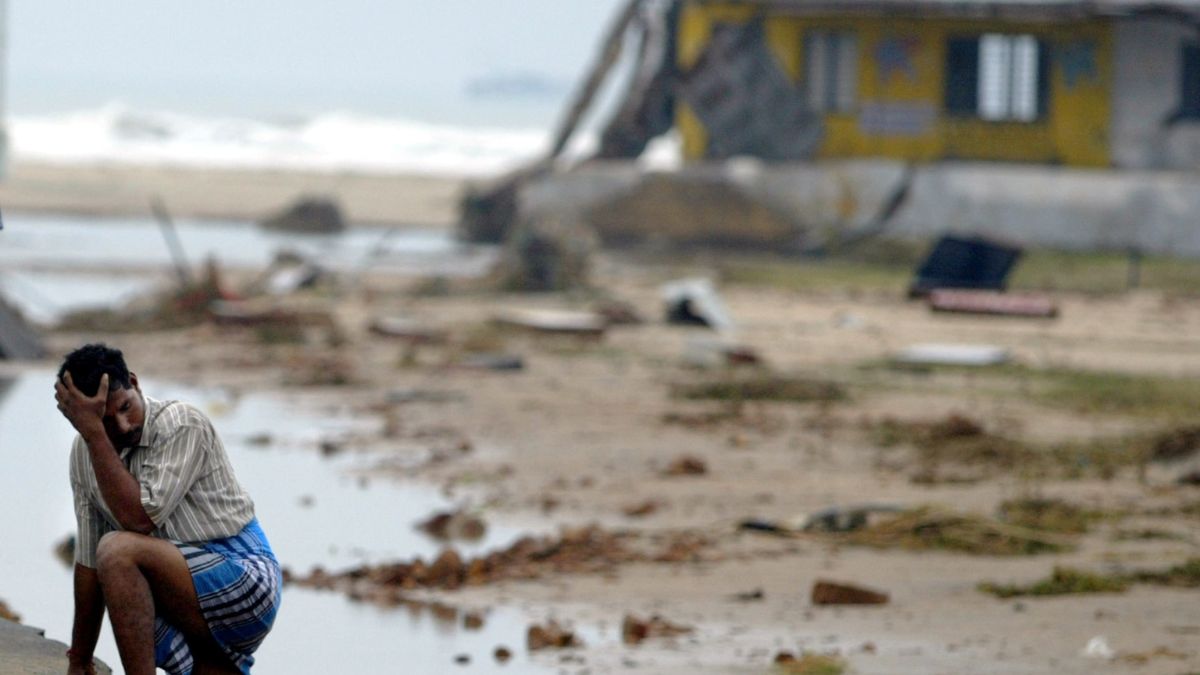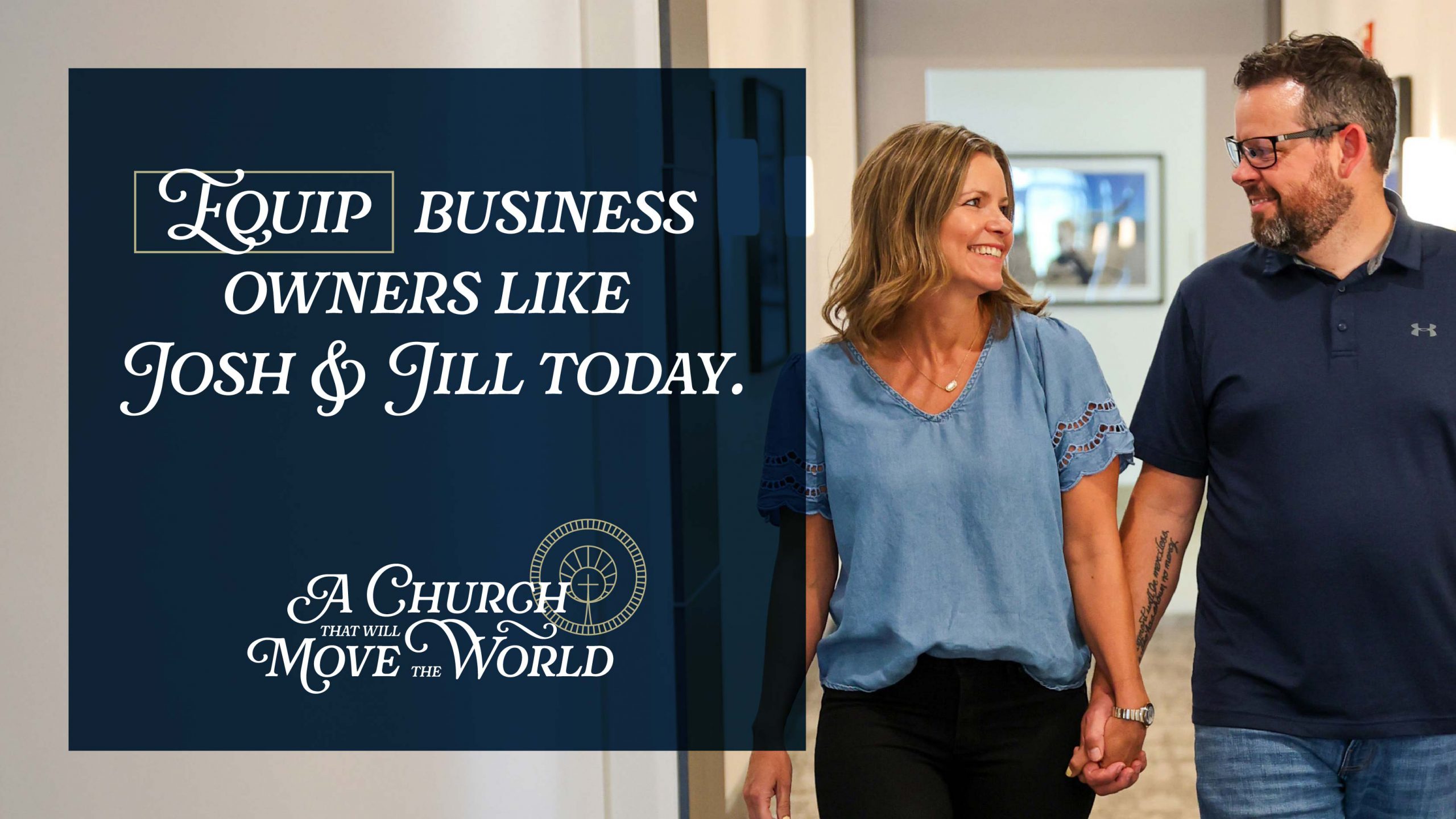

BreakPoint
A Hero for the Nineties
When heavyweight boxer Mike Tyson was paroled last month, New Yorkers planned to give the convicted rapist a hometown hero's welcome: They organized a parade and street festival in his honor. But not everyone was celebrating. As one black woman angrily wrote in the New York Daily News, "Desperate as blacks sometimes think they are for heroes, Tyson doesn't fit the definition." I couldn't agree more, and I'm glad the parade was cancelled. Mike Tyson is no hero-he's a violent criminal who's shown little remorse for his crime. The fact that he's been labeled a hero shows just how confused people are over the definition of that word. It used to be that a hero was someone who exhibited moral fortitude-traits like courage, compassion and conviction. Today, all that's required is fame. Well, there are real heroes, and I recently met someone who brings back the old-fashioned meaning of heroism: Lady Caroline Cox of Queensbury, England. The petite, 55-year-old baroness sits on the board of Christian Solidarity International, an organization committed to humanitarian aid and human rights. But if you're picturing a woman in well-cut tweeds and pearls who does nothing but attend meetings, think again. Like the Energizer Bunny, Baroness Cox keeps going and going-straight into the world's deadliest danger zones. For example, she's made two dozen trips to war-torn Karabakh, where 150,000 Christian Armenians are defending their land against seven million Azeri Muslims. On one of these trips, Lady Cox's jeep was jolted by a rocket-propelled anti-tank missile. Her driver quit, but Lady Cox returned, bringing food, medicine, and Christian love. She's done the same in southern Sudan, where millions of Christians have been persecuted, killed, or enslaved by Islamic soldiers of northern Sudan. While other relief agencies were forced out, Lady Cox engaged in what she calls a little "unofficial drug running." In other words she defied government policy, chartered planes, flew in medicine, and even brought in a bishop so her brothers and sisters in Christ could celebrate at a service with the first clergy they'd seen in years. In Leningrad Lady Cox investigated orphanages and helped rescue children living in horrible conditions. Flying back to Armenia for the umpteenth time, the baroness visited a little boy blinded by shrapnel from a cluster bomb, and she cried with a nurse who had watched soldiers murder her son. Lady Cox reminds us of Paul's message to the church at Corinth: When one part of the body of Christ suffers, all suffer. And that brings us to the Christian definition of heroism: a willingness to suffer and sacrifice on behalf of others. It's a definition we need to bring back in a day when too many people confuse celebrity with heroism-when even violent criminals are lauded as heroes, just because they're famous. Call us here at "BreakPoint," and we'll send you a copy of this transcript. Along with it, we'll send you the moving speech Lady Cox gave when she accepted Prison Fellowship's 1995 Wilberforce Award. It's an award that recognizes Lady Cox's courageous work on behalf of "forgotten people in forgotten lands." Work that's performed by a true heroine for our time.
07/7/95















